In the epic words of Phoebe Bridgers: “I want to live at the Holiday Inn, where somebody else makes the bed.” Don’t we all, Phoebe—especially after months of various travel restrictions and working from home on top of crumpled sheets that need to be washed. But if it’s looking tricky to stay in a real-life hotel anytime in your near future, there’s fortunately an overwhelming number of books suitable for your fictional getaway.
It’s not surprising that the hotel novel has become a literary genre in its own right—hotels have proven to be fascinating settings for fiction: a mixture of the intimately private and corporate conglomerate, the foreign and the mundane. Going beyond well-known classics like The Shining and Grand Hotel, here are 11 novels to immerse yourself in the world of hotels, hospitality work, and bed-making. And you won’t need to check out of these fictional hotels by 11 a.m.
Here Comes the Sun by Nicole Dennis-Benn
What does it cost to craft a pristine hotel experience at an “exotic” location? Here Comes the Sun takes place at a luxury resort in River Bank, a fictional Jamaican town. 30-year-old Margot is a worker there, trying her best to support and protect her artistic younger sister. Although she has sex with the wealthy white guests for extra income, Margot is forced to keep her love for Verdene, the village’s ostracized lesbian, undercover. However, Margot and her community must reckon with imminent destruction when developers plan to build another resort that will put many villagers out of work. Dennis-Benn’s unflinching yet compassionate debut is a searing look into the tourism industry and its effects on women’s communities.
The Third Hotel by Laura Van Den Berg
This psychological thriller skulks through ghostly hotel bedrooms and Havana streets, written in Van Den Berg’s signature propulsive, elegant, and unsettling prose. A recently-widowed American woman, Clare, travels to Cuba to attend a horror film festival in memory of her late husband, Richard, who was a horror film scholar. When she arrives in Havana, however, she finds the allegedly dead Richard standing outside of a museum—setting off a chain of surreal events as she attempts to track him down. If you love The Shining and Psycho, this contemporary hotel novel is a must-read.
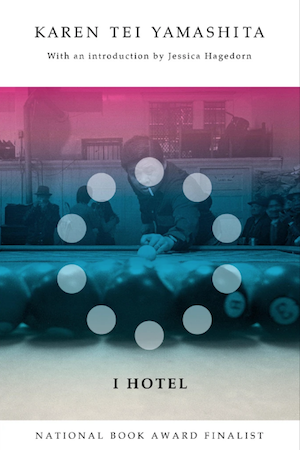
I Hotel by Karen Tei Yamashita
The I Hotel (short for “International Hotel”), a Bay Area landmark in San Francisco’s Chinatown, is the centerpiece of Yamashita’s kaleidoscopic novel. Separated into ten novellas on different groups of Asian American activists from 1968 to 1977 (one novella for each year), I Hotel is an ambitious exploration of the Yellow Power Movement, when Asian Americans fought for representation and economic equality. Yamashita uses a diverse array of narrative and structural choices, including forms such as graphic art, stage dialogue, and philosophy; her cast of characters is as equally diverse, including a whole range of hyphenated Asian identities. (And for another book that connects hotels with historical Asian American events, check out Hotel on the Corner of Bitter and Sweet by Jamie Ford, which addresses Japanese internment camps during WWII.)
Strange Hotel by Eimear McBride
Strange Hotel addresses the strange, surreal feeling of uniformity in hotels, of how one big hotel somehow feels exactly the same as another. Check-ins, check-outs, room service, one-night stands, buried memories of home—all blur together for McBride’s unnamed narrator, a middle-aged woman constantly hopping from one hotel to another. Along the way, she grapples with her sense of identity. McBride, as always, is inventive and challengingly illuminating with her use of language; in modernistic, fragmented prose, she probes at the connections between words and bodies.
This Mournable Body by Tsitsi Dangarembga
This 2020 Booker Prize nominee starts in a run-down youth hostel in Harare, Zimbabwe. Tambudzai (or Tambu), Dangarembga’s protagonist from Nervous Conditions, has just left her stagnant copywriting position and a stable place to live. After various jobs and one humiliation after another, Tambu winds up working in ecotourism in her childhood home; she must constantly deal with both the pressure of imminent poverty and the claustrophobia of Harare society. Dangarembga points out the acute effects of capitalism and colonialism, showing how this toxic combination seeps into every element of Tambu’s fight for survival.
Hotel Iris by Yōko Ogawa, translated by Stephen Snyder
Ogawa’s 1996 novella centers on a sadomasochistic love affair between a teenage hotel receptionist and an older foreign guest, exploring the many ways of articulating—and translating—desire, power, and control. 17-year-old Mari and her mother run a dingy seaside hotel in coastal Japan. One evening, they have to eject a guest and his prostitute from a room, and Mari becomes captivated by the guest’s voice. He turns out to be a mysteriously widowed Russian translator, and the two fall into a complex relationship of pain and pleasure. Through Mari’s sharp observations and gritty details of hotel service life, Hotel Iris shines a spotlight on the grotesque, macabre nature of human relationships.
Hotel World by Ali Smith
A hotel is both the main catalyst and the setting for Smith’s postmodern novel about grief, in which five female characters, each with a differing relationship to the Grand Hotel, all end up spending a night together. Sara, a chambermaid who falls to her death in a dumbwaiter, is still lingering there as a ghost; her younger sister Clare has come because of the tragedy; Else is a homeless woman who is invited to stay one night in the hotel by Lise, the receptionist; Penny is an established journalist who is reviewing the hotel. Smith’s inventive novel uses the idea of “hotel”—a homogenous corporate entity that people are constantly checking in and out of—as an extended metaphor for our society and life.
When All is Said by Anne Griffin
Inspired by a real-life hotel conversation, Griffin’s debut novel takes place exclusively in a hotel bar in Ireland over the course of one night; sitting alone, 84-year-old Maurice Hannigan raises toasts to five people from his life: his children, his relatives, his wife. The five individual monologues, which tell the story of his entire life in conversational, engaging prose, are connected through the precious Edward VIII Gold Sovereign Coin, which Maurice unthinkingly took from his abusive employer in his youth and never gave back. Griffin paints Maurice as a flawed but deeply honest character, crafting a warm-hearted portrait.
The Glass Hotel by Emily St. John Mandel
The Glass Hotel’s protagonist, Vincent, takes you to the other side of the bar–her story begins as a bartender at a luxury hotel in Vancouver Island. One night, shaken by a message scrawled on the hotel lobby’s glass wall (”Why don’t you swallow broken glass”), Vincent chooses to leave the hotel for the “kingdom of money.” She becomes involved with an international conman, Jonathan Alkaitis, posing as his wife. But when Alkaitis’s schemes collapse, Vincent also disappears. Mandel’s intricate narratives blur the lines between the past and present, living and dead, reality and self-delusion.
Hotel Silence by Auður Ava Ólafsdóttir, translated by Brian FitzGibbon
Winner of the Icelandic Literary Prize, Hotel Silence is about a middle-aged man who flies away to a mysterious hotel. Jónas Ebeneser, after finding out that his daughter is not his biological child and reeling from a recent divorce, is contemplating suicide. However, he gets caught up in the logistics (what if his daughter finds his body?) and decides the best course of action is to disappear. Hence, a reservation at Hotel Silence, located in an unnamed country that is recovering from the aftereffects of a brutal war. Jónas travels with just one change of clothes and a toolbox, intent on ending his life. However, his stay at Hotel Silence leads to an unexpected turn of events, as he winds up as the resident handyman of the ravaged town. Ólafsdóttir’s novel is a touching meditation on new beginnings, both as an individual and as a community.
The Girls of Slender Means by Muriel Sparks
This classic focuses on a group of young girls living together in a ladies’ hostel in war-devastated London, 1945. Their temporary home, the May of Teck Club, is a hostel established for girls underage 30 with “slender means” in Kensington. The girls try their best to act as if everything is as it was before the war; they gossip about love interests and practice their posture. In true Sparks style, though, the novella is layered with flashbacks and hiding a tragedy that the girls are trying to forget, framed by a research storyline set in 1963.
The post 11 Fictional Hotels for Your Fictional Vacation appeared first on Electric Literature.
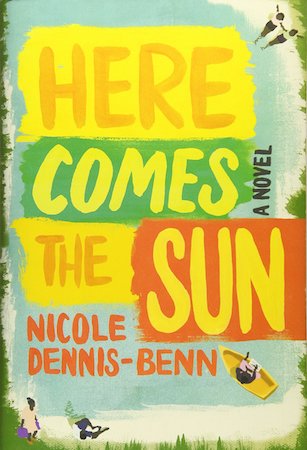
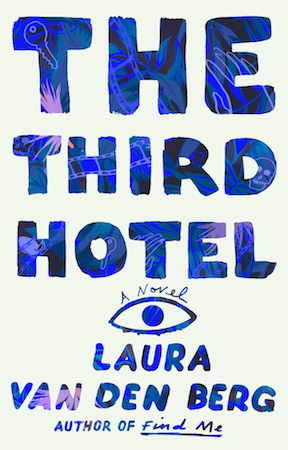
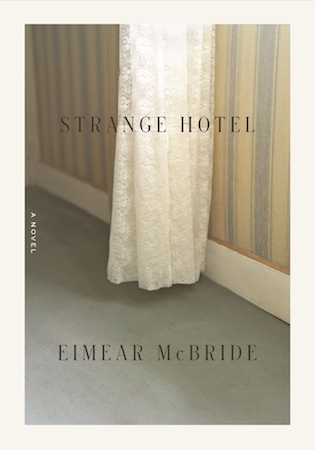
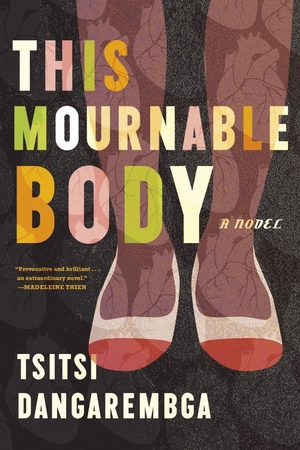
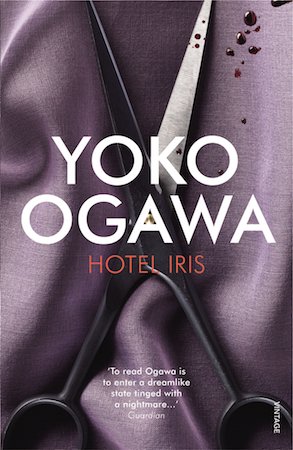
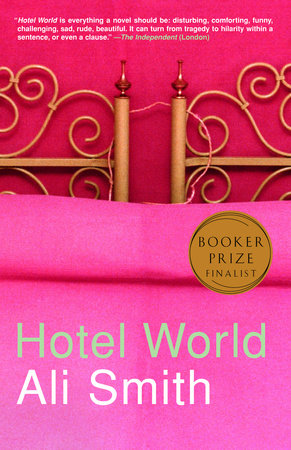
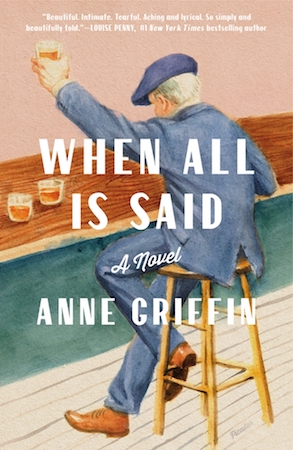
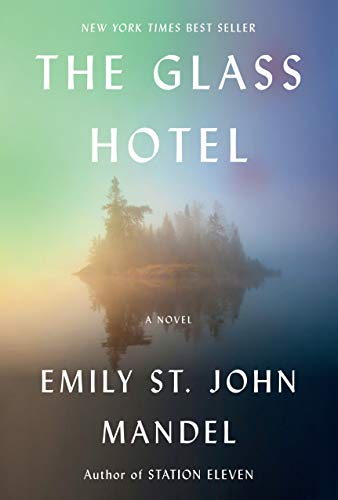
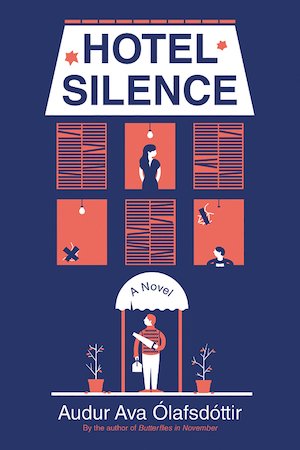

Be First to Comment